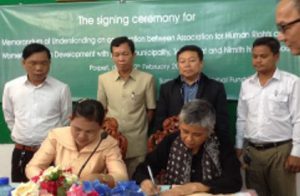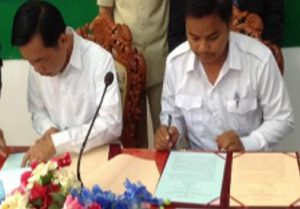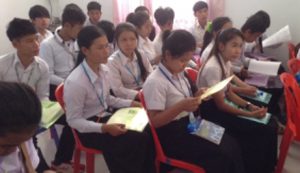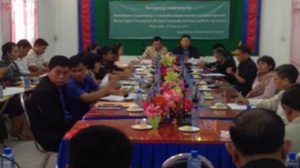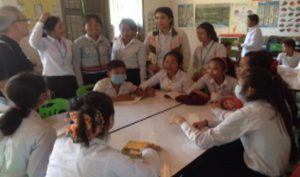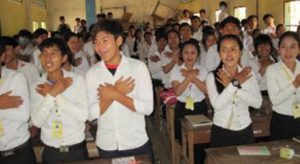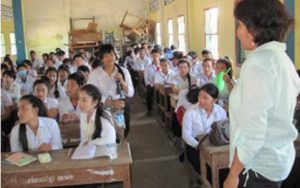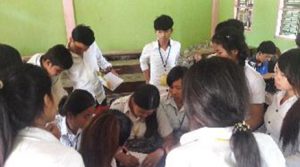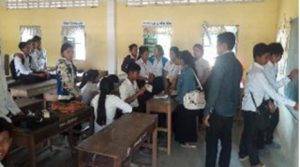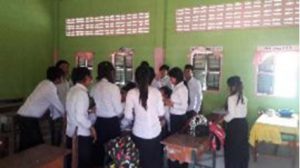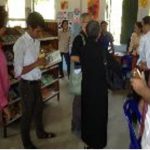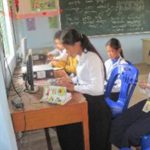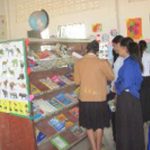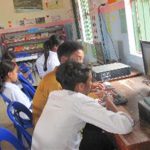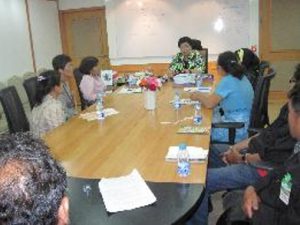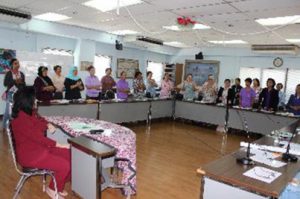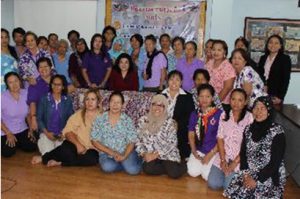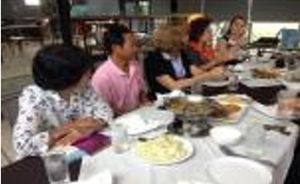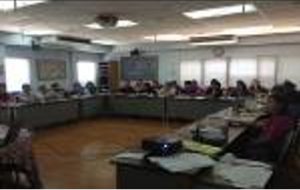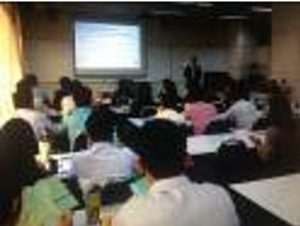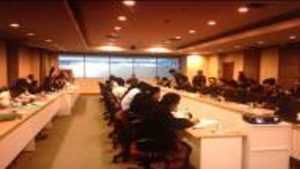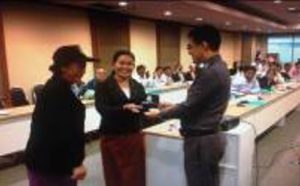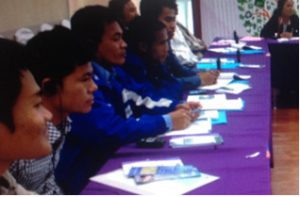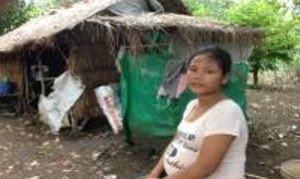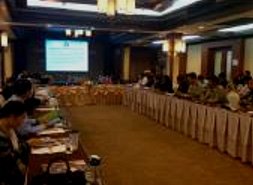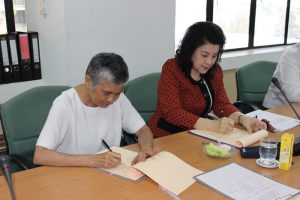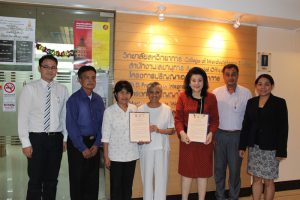Need and Problem Significance Human trafficking has now been one transnational crime currently seen as seriously violating human rights and globally recognized as highly significant and worthy of universal attention and concerns. According to the US 2014 Trafficking in Persons Report, Thailand, consecutively and previously ranked in the Tier 2 Watch List Group for four years, is now downgraded to the Tier 3 Watch List Group. The allegation has stated that, as a source, a destination and a transit country for traffickers’ men, women and children, Thailand’s anti-trafficking actions did not comply well with the minimum standards required by the related US anti-trafficking laws and measures in eliminating its extensive trafficking. Besides, Thailand has also been seen as not seriously and practically finding ways to address this issue during the past several years, especially in 2013 when human trafficking victims in Thailand were claimed to be in the ranges of more than ten thousand heads. Their majority was migrant workers from Thailand’s own neighboring countries – Myanmar, Laos and Cambodia – and was mal-treated in sex, commercial fishing and fishing-related industries, low-end textile production, and domestic service industries. In most cases victims were exploited like slaves. Amongst them, a certain number of children were recruited to work as street beggars It was estimated that Thailand currently had 2 to 3 million migrant workers. Each year a large number among them had to work long hours – at least 18 and up to 20 hours per day and 7 days a week – in fishing ships in the South-east Asian seas and elsewhere for several years with little or no pay under all kinds of pressures and life-threatening measures like beating and torturing. Those in the sex service sector had to live and work under similar conditions. Social media networks have been used as a main tool to lure women and children into this sex slavery industry. One human right group recently reported that not less than 1,500,000 Cambodian children, mostly under 14 years of age, had to work as domestic workers under precarious conditions in factories and mines in order to help raise their own families. According to World Bank’s figures, it was stated that 90% of these child labor workers had to work with no remuneration. And this was one major factor that kept the migration going on, especially amongst those under 18 years of age who maintained gratitude towards own families as a high social standard practice. Project’s Activities
- Formulating and implementing a curriculum on safe migration in 2 secondary schools located along the Thai-Cambodian borders,
- Organizing relevant and consistent training and school teacher study trips in skills that can help them achieve the project’s objectives,
- Making available lawyers to facilitate legal assistance for and to protect the victims so that they can access a larger scale assistance of the state and any other related organizations,
- In collaboration with schools, temples and communities, creating surveillance mechanisms to provide information and advice for those who tend to migrate through trained pupils and students’ connections and mechanisms,
- Documenting materials, found and done by these various mechanisms in schools and Poipet authorities, that can serve as materials for safe migration manual and school curriculum subject matters in the post-project period in other pilot projects and areas.
Formulating and implementing school training courses on safe migration 


